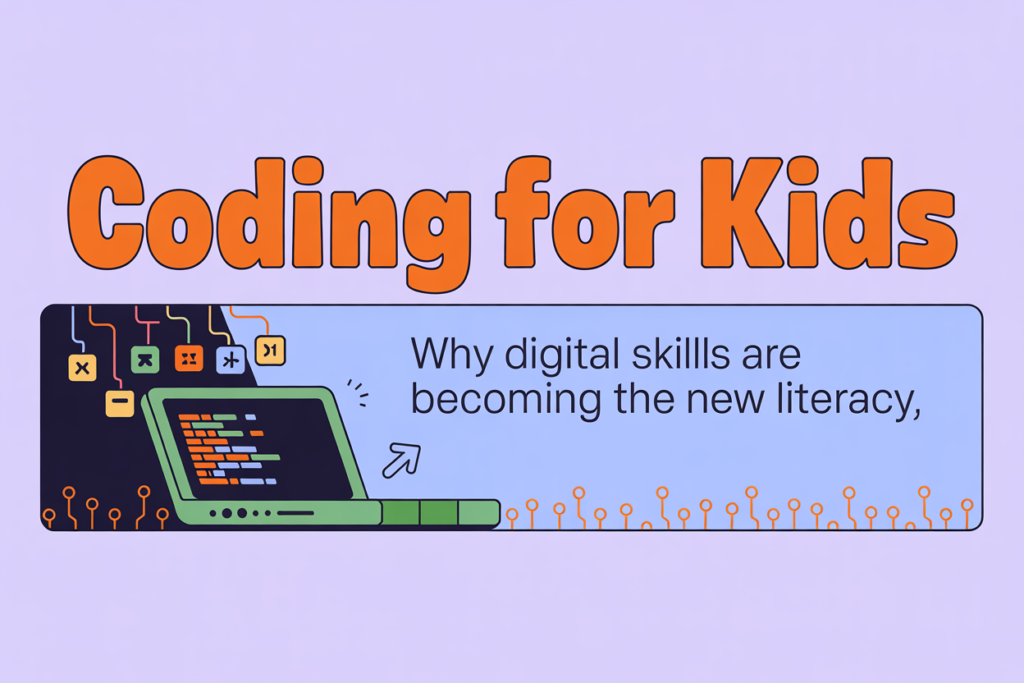
In today’s rapidly evolving digital landscape, coding for kids is no longer an optional skill it is a fundamental component of modern literacy. As technology shapes nearly every aspect of life, teaching children to code equips them with the necessary tools to navigate, understand, and thrive in an increasingly digital world.
The Importance of Early Coding Education
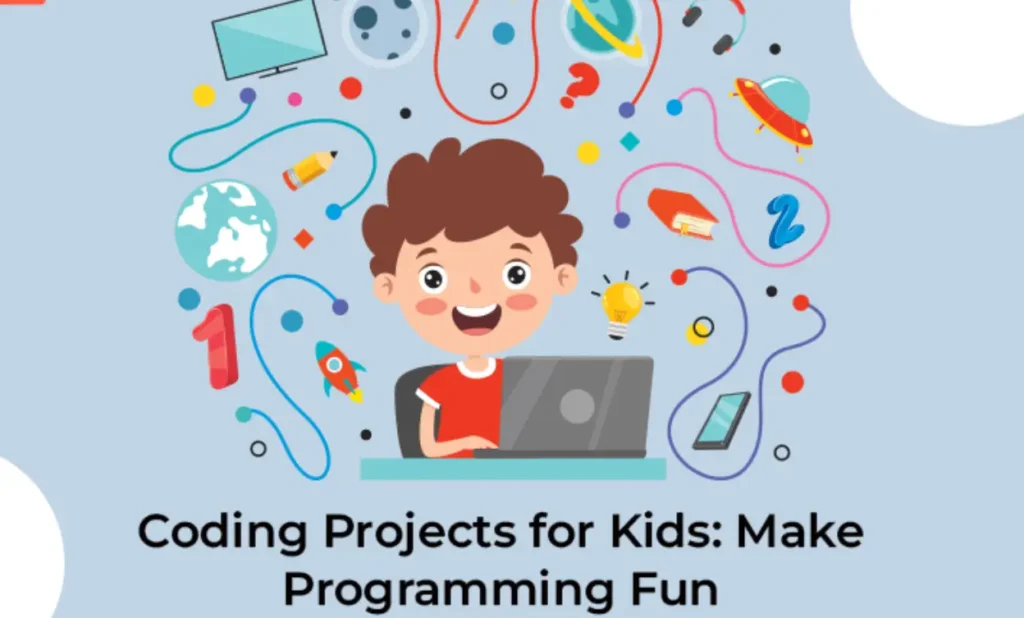
Children who learn to code at an early age develop critical thinking, creativity, and problem-solving abilities. Unlike passive screen time, coding turns children into active creators of technology. It strengthens their logical reasoning, helping them break down complex problems into manageable steps. Early exposure fosters a growth mindset, encouraging persistence and resilience in the face of challenges.
Moreover, coding enhances mathematical and linguistic skills. Through programming, children engage with concepts like sequencing, patterns, and variables all of which boost numeracy. Simultaneously, crafting algorithms and writing clear code improve communication and literacy skills.
Digital Skills as the Foundation of Future Careers
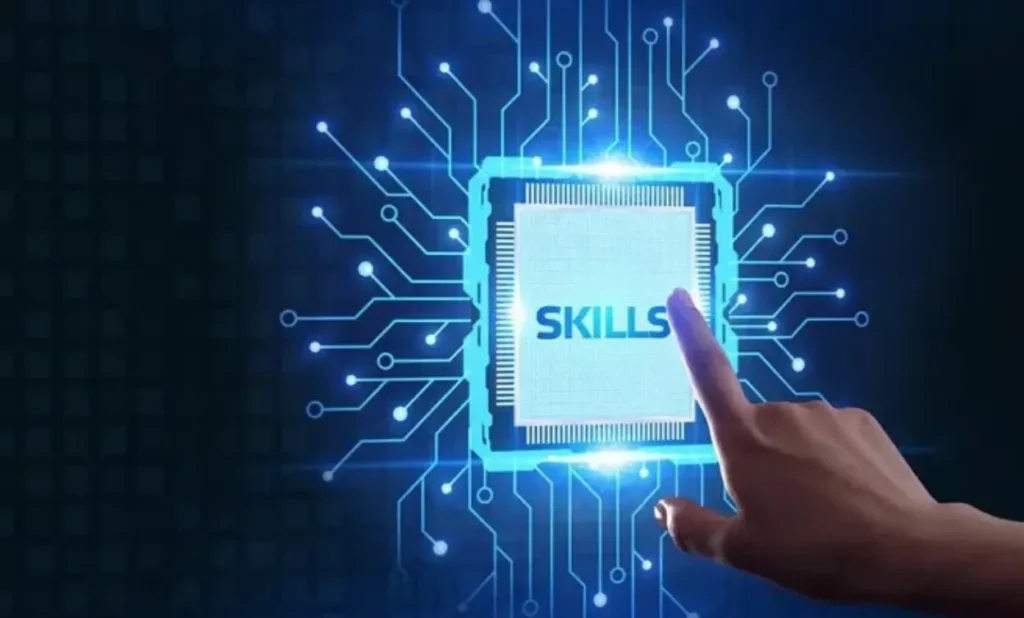
The workforce of the future will be dominated by digital technologies. Fields such as artificial intelligence, robotics, cybersecurity, and data science are already reshaping industries. To succeed in these careers, today’s children must acquire solid digital competencies early on. Coding provides a gateway to understanding these emerging domains.
Even outside tech-heavy sectors, digital fluency is becoming indispensable. From marketing and finance to healthcare and education, employers value candidates who can analyze data, automate tasks, and understand digital systems. By introducing coding during childhood, we ensure the next generation is not merely consuming technology but actively shaping it.
Why Coding is the New Literacy
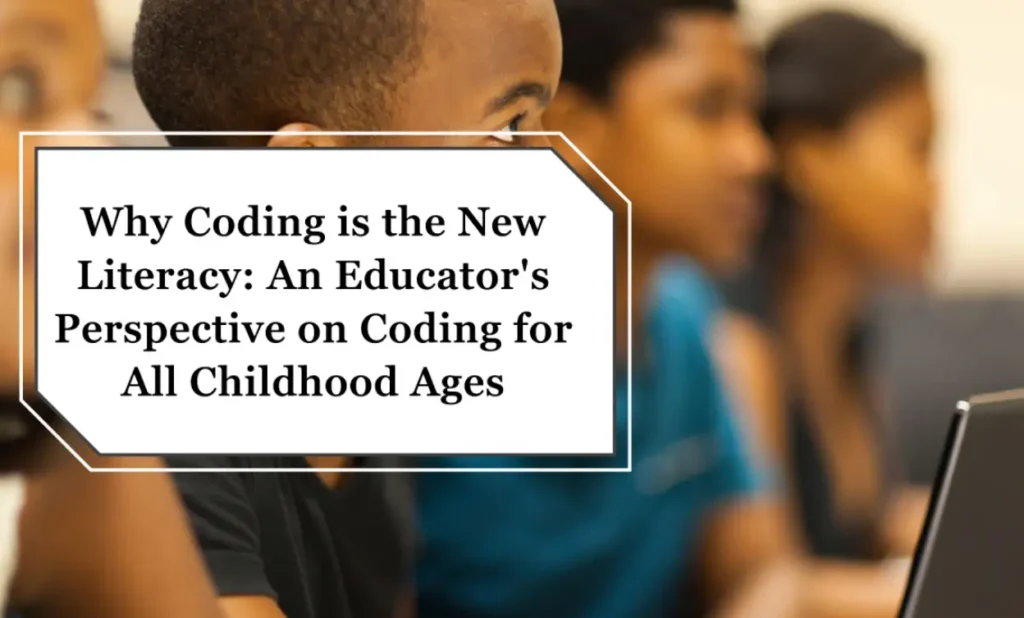
In the 21st century, literacy extends beyond reading and writing. Digital literacy now encompasses the ability to understand, evaluate, and create digital content. Coding sits at the heart of this definition, acting as a universal language that powers apps, websites, games, and smart devices.
Just as reading empowers individuals to access knowledge, coding empowers them to build solutions, create tools, and innovate. It fosters algorithmic thinking, enabling children to see how systems operate beneath the surface. Without this understanding, today’s learners risk becoming digital bystanders in a world that demands digital creators.
Popular Coding Languages for Kids
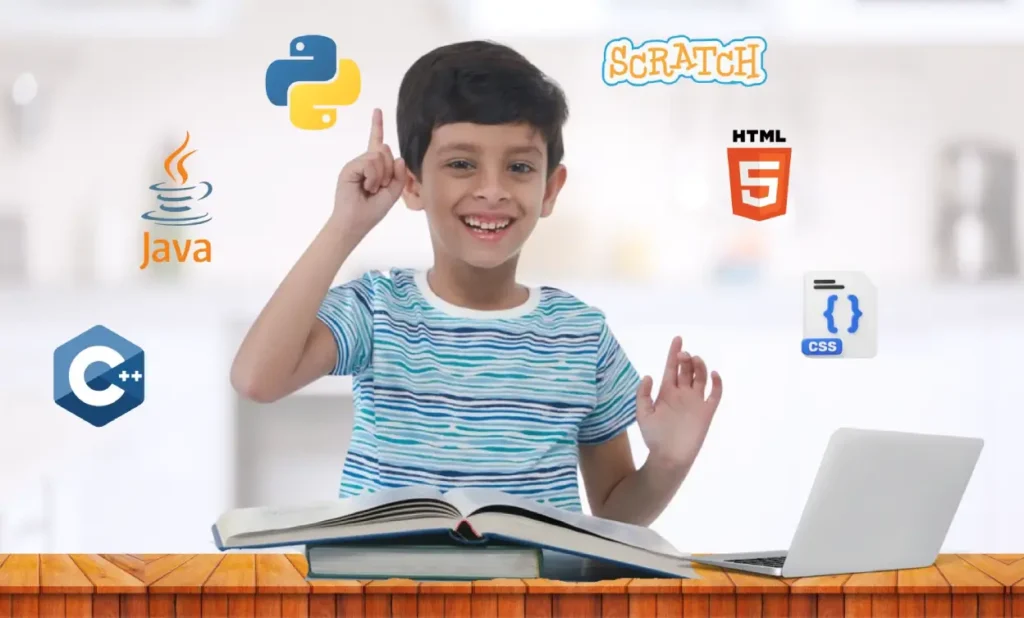
Several kid-friendly programming languages have been developed to make learning accessible and fun.
- Scratch: Designed for younger learners, Scratch uses a visual drag-and-drop interface where children can create animations, games, and interactive stories without needing to write code. It teaches essential programming concepts like loops, conditionals, and variables.
- Python: Known for its simple syntax and readability, Python is an excellent choice for older children ready to transition into text-based coding. It’s widely used in real-world applications, from web development to artificial intelligence.
- Blockly: Similar to Scratch, Blockly offers block-based coding but with the added ability to generate actual code in languages like JavaScript, Python, and PHP, helping learners see the connection between visual programming and real code.
- Swift Playgrounds: Created by Apple, Swift Playgrounds introduces kids to Swift, the language behind iOS apps. The platform combines puzzles and interactive challenges to teach coding in an engaging way.
How to Foster a Coding Mindset at Home
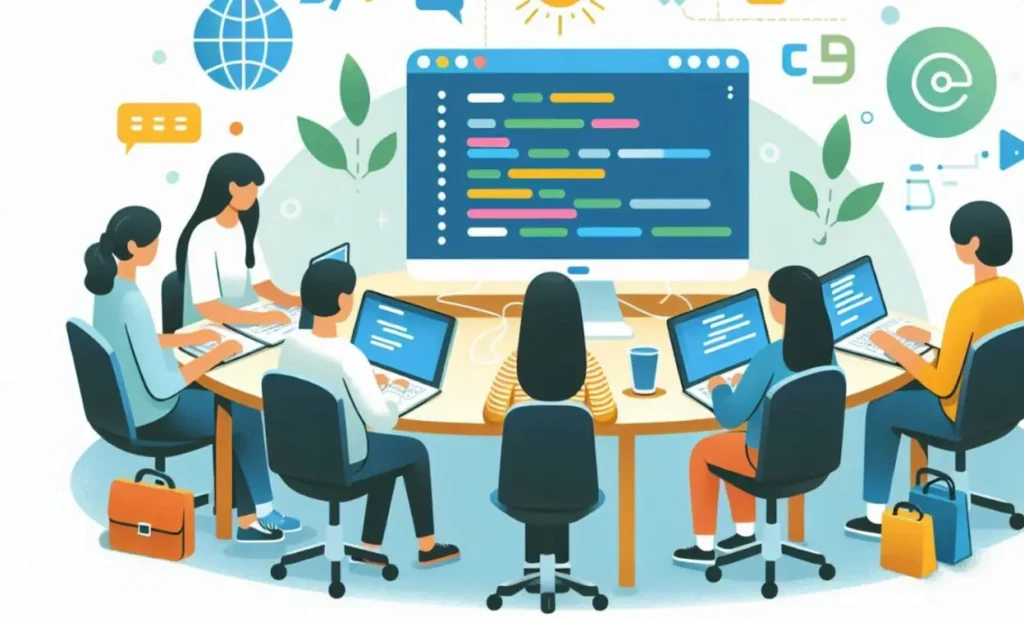
Creating an environment that nurtures curiosity and experimentation is key.
- Encourage Exploration: Allow children to explore coding platforms freely and create their own projects.
- Celebrate Failures: Help kids see debugging as a natural and valuable part of the learning process.
- Set Challenges: Provide fun, achievable challenges to keep motivation high, such as building a simple game or animation.
- Learn Together: Join your child in learning this not only strengthens your bond but also models lifelong learning habits.
Preparing Kids for a Digital Future
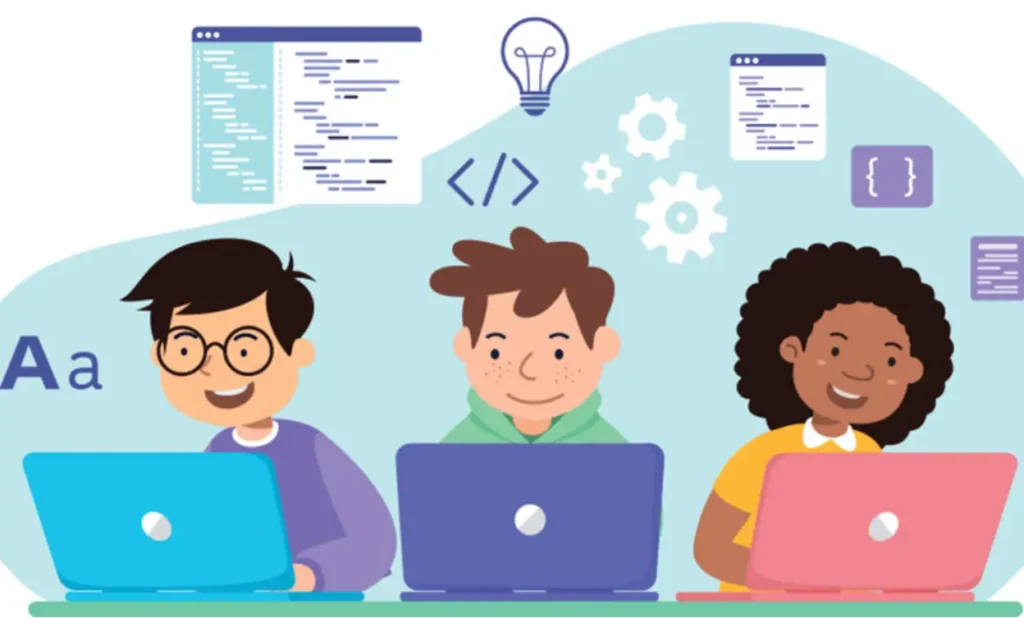
In an era where technology drives innovation, coding for kids is no longer optional it’s essential. By teaching children to code, we empower them with the skills, confidence, and mindset they need to succeed in a digital world.
Equipping the next generation with digital literacy ensures they are not left behind but rather lead the way in shaping our future. Now is the time to invest in coding education, unlocking a world of possibilities for today’s young learners.


